Dental care is critical to your and your family’s health, and a healthy smile can make a difference in whether you get a job or advance in your career.
Unfortunately, this expensive care is hard for many families to afford. Those without dental insurance can expect to pay anywhere from $75 to $200 for a dental cleaning1. A third of adults under age 65 have not had a dental exam in the preceding 12 months, according to a federal study2.
There are many options throughout the country for affordable dental care for low-income individuals and families.
Where can I find affordable dental care?
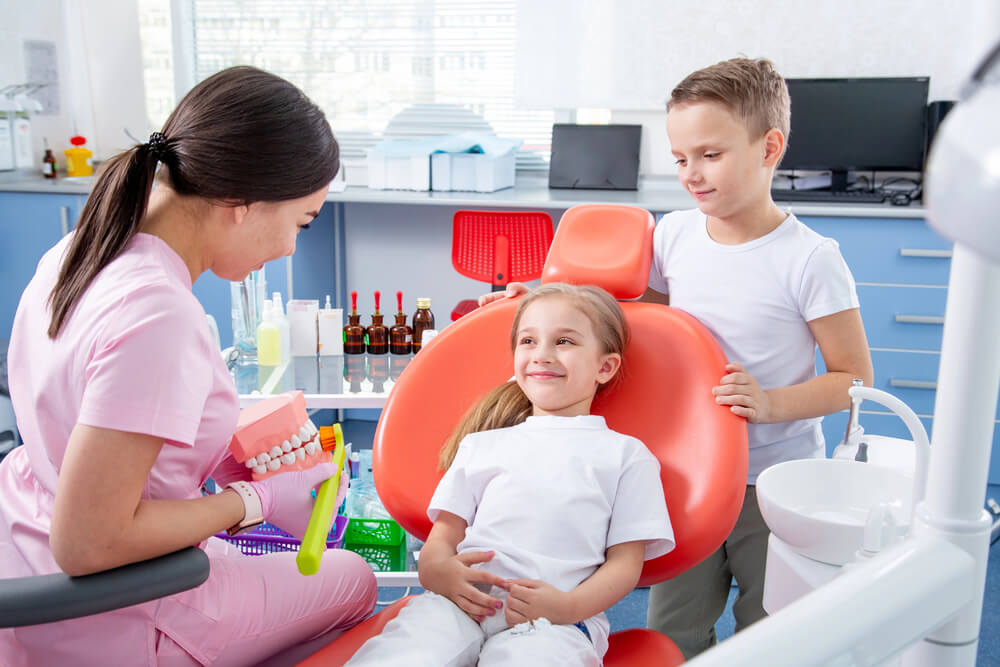
Here are nine ways you can find free dental clinics or cheap dental care in your area:
1. Search “free dental clinic near me”
2. Search for “community health clinic near me”
3. Call your county health department and ask about the local free clinic
4. Check FreeDentalCare.us or NeedMeds.org
5. Search for “dental schools near me”
6. Search for “dental hygienist school near me”
8. Ask if your local dentist has a sliding fee scale
9. Aspen Dental free dental care (for veterans and their families)
10. Utilize government programs like Medicaid
Bottom line: There are resources to help you afford dental care
1. Search “free dental clinic near me”
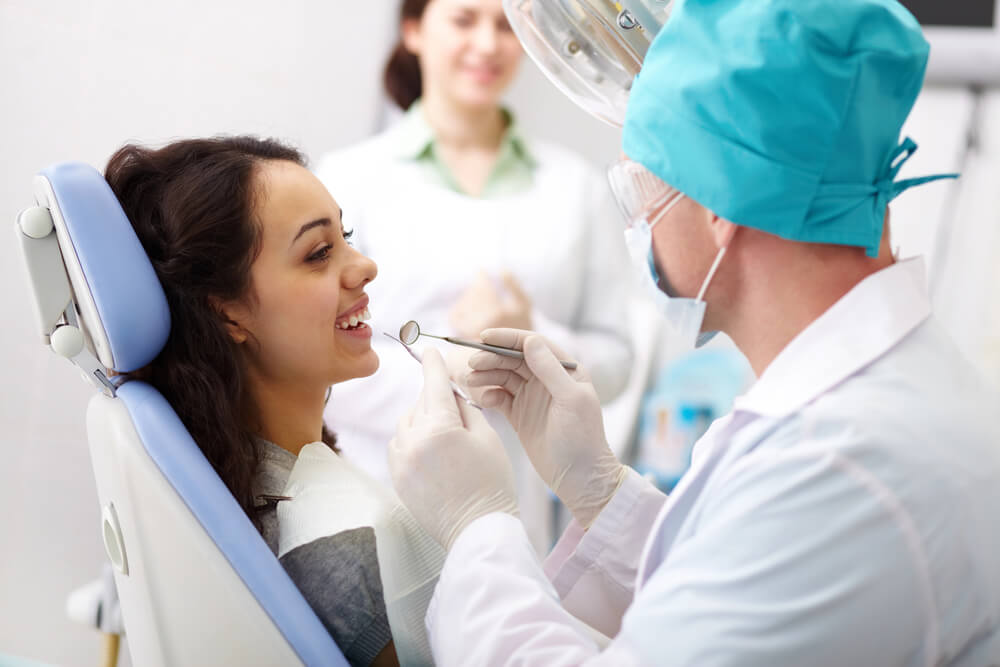
An initial search for free or cheap dental care in your area can help you find accessible and affordable services for yourself and your family.
Search “free dental clinic near me” to bring up clinics closest to your current location. For example, someone in Marion County, Florida who searches those terms can find a link to FreeD.O.M. Clinic USA, which offers free dental care to those who qualify.
When searching for clinics in your area, you can sort your search results by distance and go through the list to determine how to receive free or reduced-cost dental care from each provider.
Sometimes the reviews listed under the location can give you more information about how to obtain free dental care if that information isn’t listed on the provider’s website.
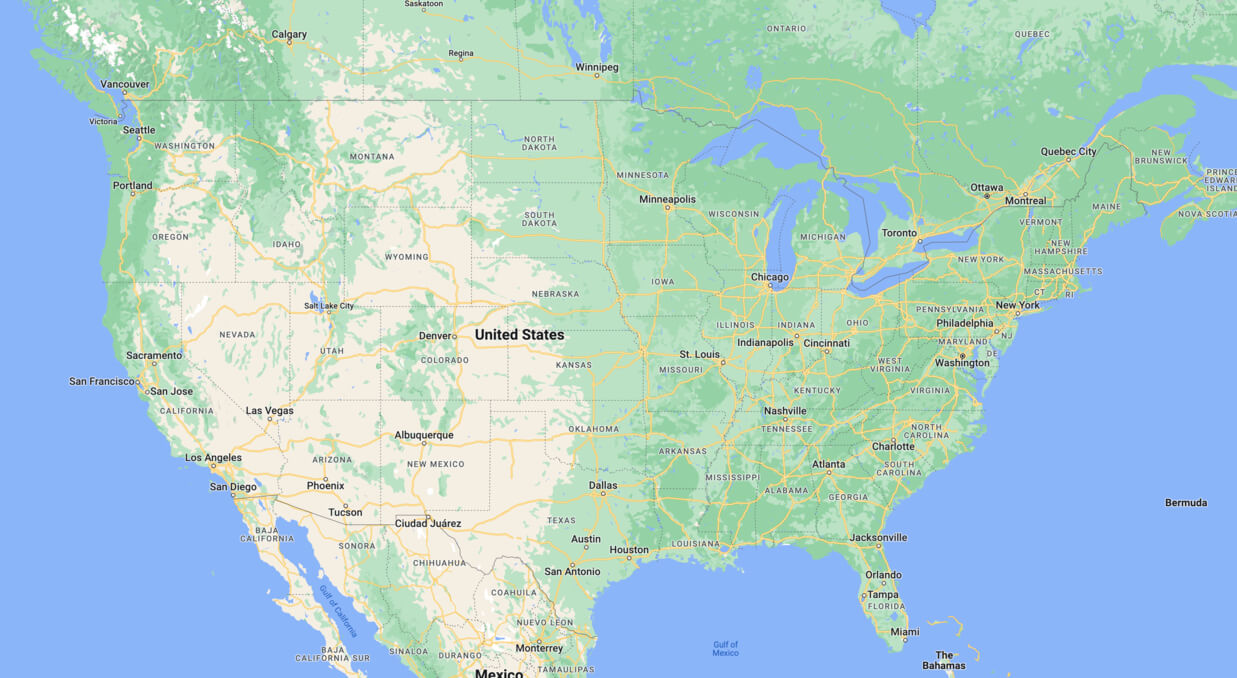
Also learn about free vet clinics that offer dental care for your pets.
How to select the right dental clinic
Depending on where you live, you might find several options for cheap dental clinics nearby, so you can be more selective about which one you choose. It’s important to check with individual clinics to learn about any location or income restrictions they might have.
To find the best clinic for you, consider the following:
- Transportation needs: Do you have transportation, or would you need to rely on public transportation to get to your appointments? Do you need to find a clinic within walking distance of where you live? Determine how you will get to and from appointments, and choose a clinic that is the most accessible. Read: how to get a free ride
- Free or sliding scale: Many dental clinics offer free care or charge for services on a sliding scale, depending on your income level and other factors. If cost information isn’t readily available online, call and speak with a clinic representative to better understand expected costs before you make an appointment.
- Availability: If you work or are otherwise unavailable at certain times during the week, check each clinic’s operational hours to select one that works for your schedule. You might want to look for a clinic that offers early morning or late evening appointments to accommodate your work schedule.
- Dental services needed: The American Dental Association recommends adults and children receive cleanings and exams twice a year. If you need additional dental care — like fillings, crowns or other work, discuss your needs with the clinic to find out what they offer and at what cost, if any.
2. Search for “community health clinic near me”
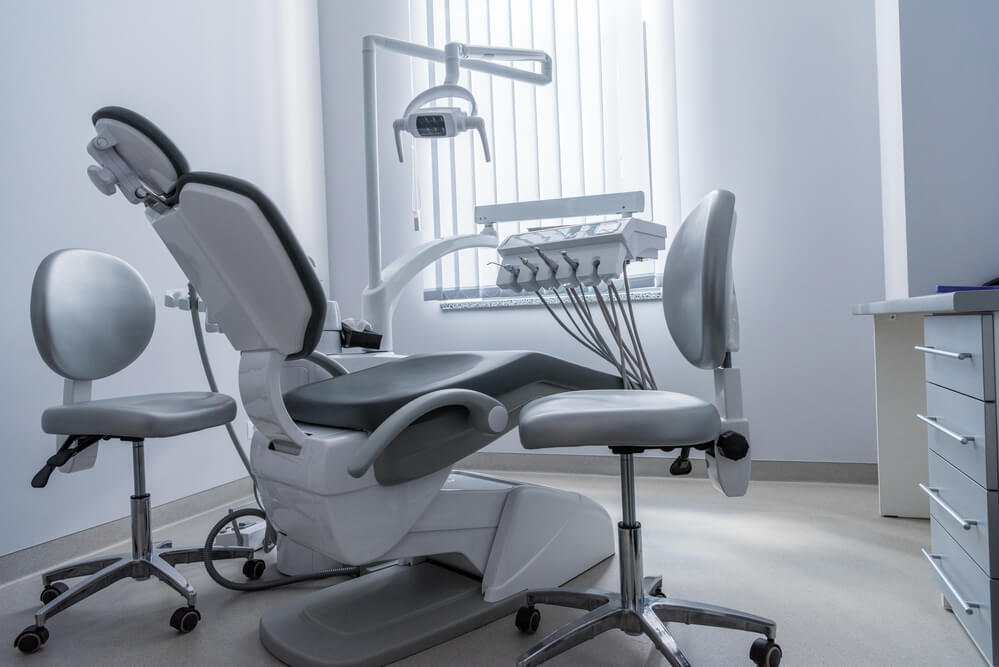
A community health clinic is a nonprofit or not-for-profit agency that offers health care services to the medically underserved and is generally staffed by medical professionals and governed by a board of directors.
Dental care at a community health clinic
In addition to a host of medical services, many community health clinics offer dental care, either for free or on a sliding scale. For example, HopeHealth in Kingstree, S.C., offers routine dental checkups, such as cleanings and exams, for free or at a nominal cost. The clinic also offers:
- Oral health education
- Deep cleanings
- Dental x-rays, fillings and single-unit crowns
- Root canals
- Extractions
- Fluoride and sealant applications
Search for community health clinics near you, and check which ones offer free or low-cost dental services.

3. Call your county health department and ask about affordable dental care options

The function of a county health department is to maintain a healthy community by providing services, programs and information to those in need. This includes dental care.
County health departments often operate clinics that offer free or low-cost dental services.
For example, the Orange County (California) Health Department offers basic dental care for children and emergency dental services for adults.
In Tennessee, local health departments offer dental clinics in 53 of 89 rural counties and in four of the six metropolitan regions.
County health departments can also help residents locate legitimate free or cheap dental care options outside of the government agency.
4. Check FreeDentalCare.us or NeedMeds.org for a list of clinics in your state
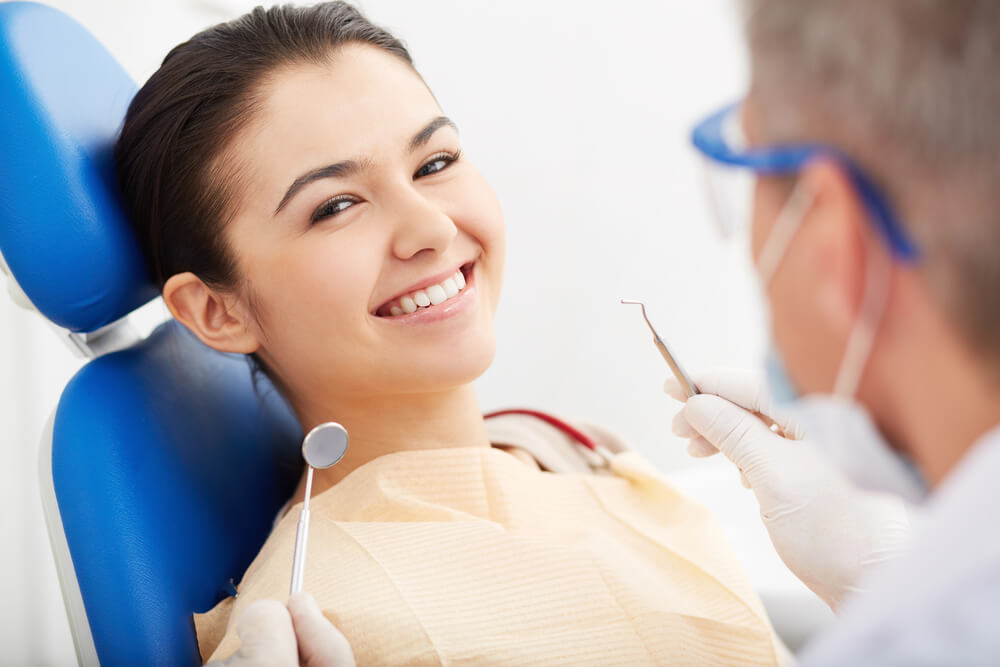
There are websites that maintain a state-by-state listing of dental clinics, including:
5. Access care at dental schools near me
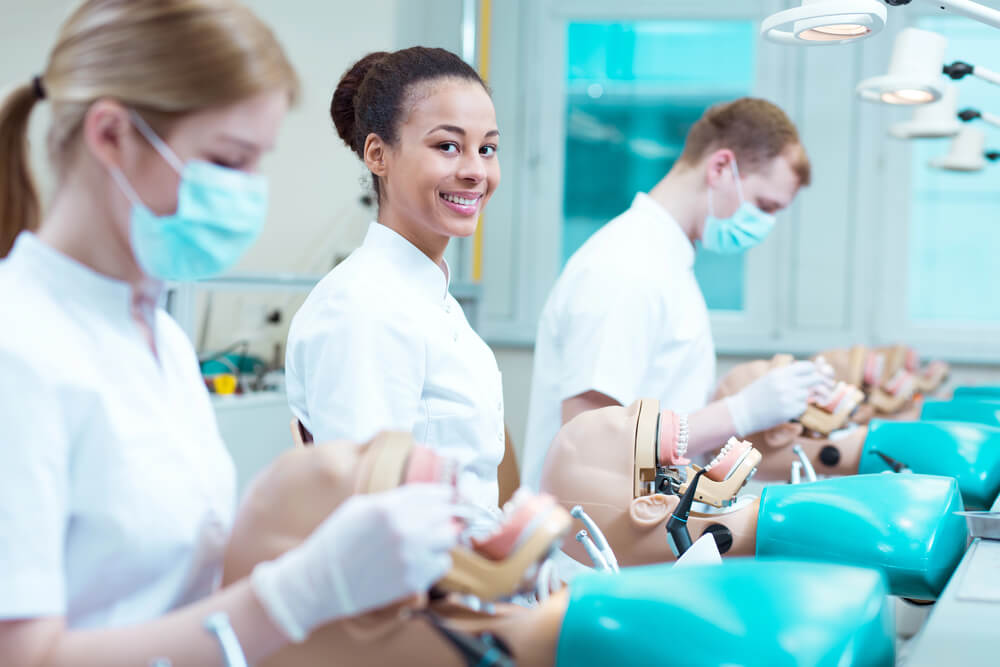
Some dental schools offer free or cheap dental care to give students real-world experience in their field of study.
How to choose a dental school for free or cheap care
Some dental schools will only work with patients whose needs fit within their curriculum. For example, before a patient can book an appointment through the dental program at the University of Florida Health, a screening process is required to ensure that the patient’s dental needs are compatible with the educational needs of the students.
Contact dental programs in your area to determine if you are a candidate for free dental care.

Vocational programs that offer dental care
Another way to get free or cheap dental care is through a vo-tech institution. High school career and technical schools offer vocational training to students, as well as additional programs for those 18 and older. Dental assisting is offered in many of these schools. Check with your local vocational program to see if they offer dental services to the public.
6. Search for “dental hygienist school near me”

Dental hygienists study to earn an associate or bachelor’s degree before becoming licensed health care professionals. They work independently or with a dentist and typically are responsible for cleaning and assessing oral health, among other things.
Some schools for dental hygienists, like Dixie State University in Utah, offer a clinic for eligible patients with discounted dental services paid with cash, check or credit card. At Dixie State, a child’s cleaning costs $13.
Visit the websites of schools within your search area to find answers to the following questions:
- Does the school offer public service dental care?
- What is the cost of the care?
- What are the eligibility requirements for patients?
Schedule an appointment at a dental hygienist school when you need a dental exam or a simple dental procedure such as teeth cleaning and plaque removal. If you need advanced care such as tooth removal or fillings for cavities, a dental school is a better option.

7. Check charities or nonprofits
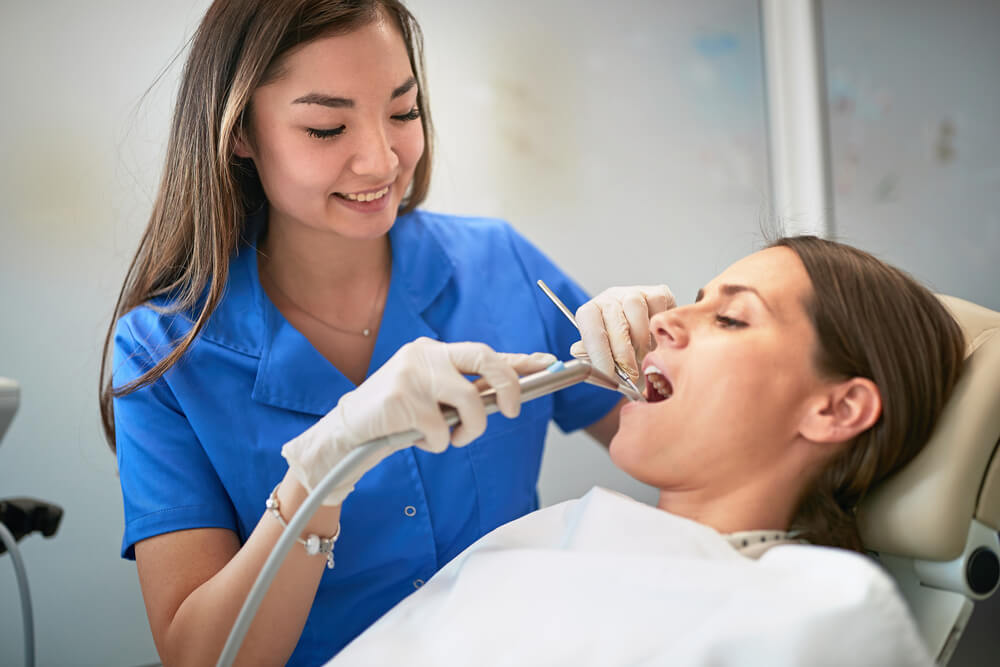
Look in your community for charities and nonprofits that will help you get the dental care you need.
For example, Charitable Smiles is a nonprofit in Indianapolis that connects low-income patients in Indiana who need dental care with dentists willing to volunteer time to fix dental issues and improve oral health. The organization raises money to pay for the procedures for children and adults.
Here are a few organizations that help people all over the nation:
America’s Toothfairy
America’s Toothfairy supports nonprofit health clinics and forms partnerships in communities to reach children with poor dental care in underserved areas. The organization provides oral health education, supplies children with basic dental hygiene products like toothbrushes, and offers funding to help children in low-income families get much needed dental procedures.
Learn how America’s Toothfairy can help
Dental Lifeline Network
If you are over 65, have a permanent disability, or are suffering from a chronic illness and cannot afford dental care, the Dental Lifeline Network provides one-time help for dental treatment.
Apply for help from the Dental Lifeline Network
Dress for Success
If you are struggling to secure a job or promotion because of bad teeth and don’t have the funds to get them fixed, try reaching out to nonprofits like Dress for Success, which often partners with dental practices to provide free or affordable care to clients.
Give Back a Smile
The American Academy of Cosmetic Dentistry Charitable Foundation offers the Give Back a Smile program, which serves adults who have endured sexual or domestic violence, or an assault from a family member.
To be eligible, you must be:
- 18 or over
- Need dental care due to front teeth injuries
- Away from your abuser (family or intimate partner) for at least one year or in need of dental help one year after a sexual assault
Apply for help from Give Back a Smile
United Way’s 211
Part of the United Way’s nonprofit work involves connecting folks with the health services they need, and that includes dental services.
United Way’s 211 program is a free service that connects those in need with local organizations that can help them. You can call 211 to talk with someone about your dental care needs, or you can visit the United Way website to search for services in your area.
8. Ask if your local dentist has a sliding fee scale
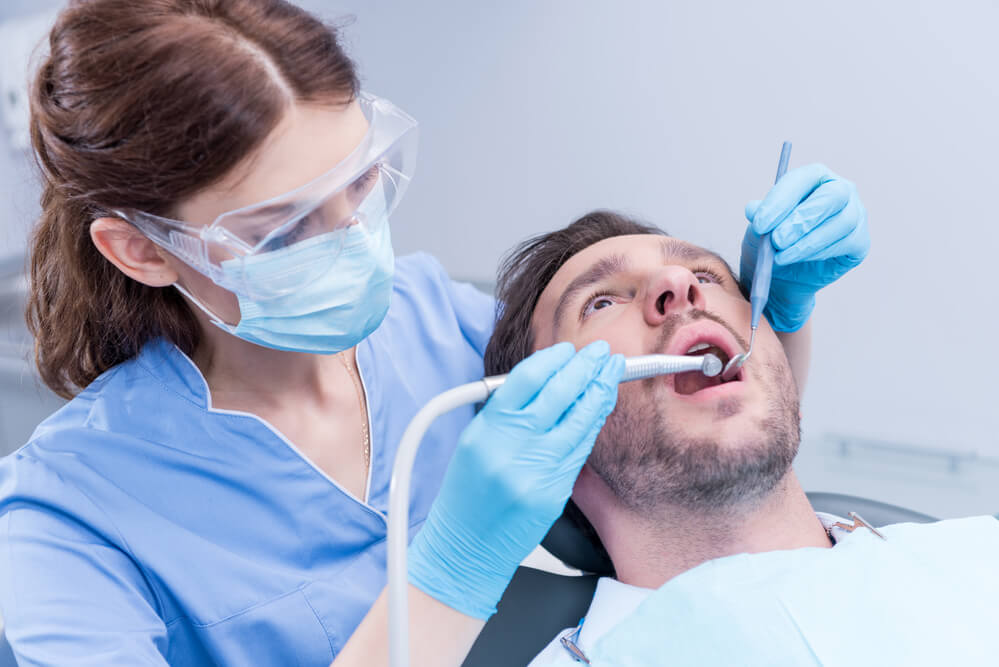
Whether you are an existing patient or looking for a new dentist (and even if you aren’t insured), chat with the dentist about your financial concerns. Dentists may offer a sliding fee scale, with the price of the service based on your ability to pay. Several factors may be considered, including:
- What services you need
- How much money you make
- Your family size
What are other ways a dentist can help reduce dental costs?
If the dental office you visit does not have a sliding fee scale, talk with the dentist about your payment options. Some procedures may cost less than others. For example, discuss the price points of extractions versus root canals. Be upfront about your financial limitations so your dentist can recommend treatment options that are more affordable.
Some dentists may also offer membership programs or community days where they offer free or low-cost dental services.
9. Aspen Dental free dental care (for veterans and their families)
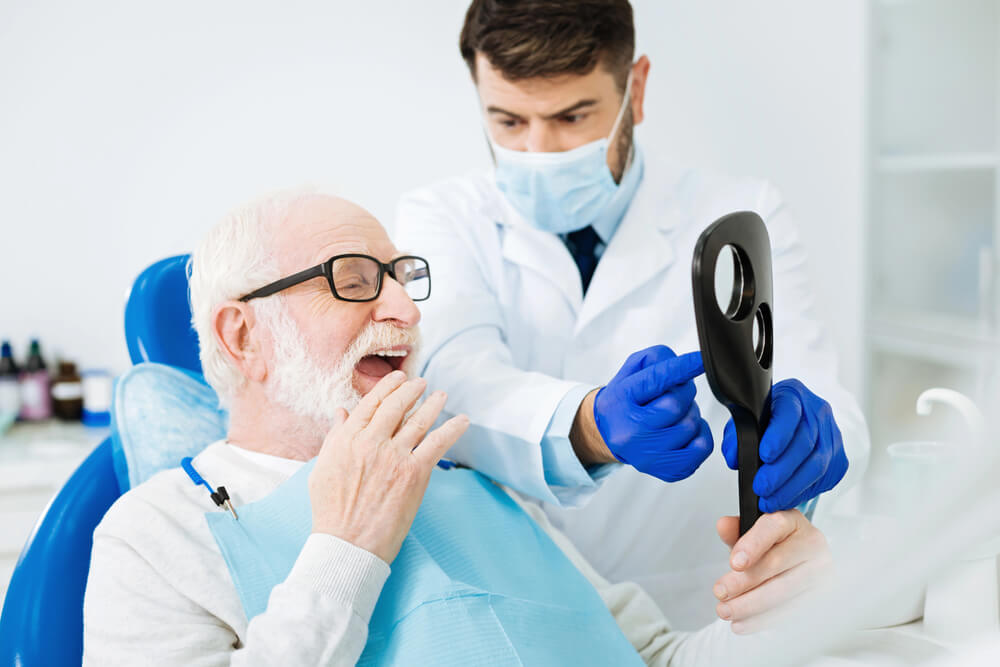
Military veterans and their families in need of dental care can find help through Aspen Dental’s Healthy Mouth Movement. The initiative offers oral health care and information to those who qualify one day a year at participating Aspen Dental locations across the U.S.
Aspen Dental also offers MouthMobile, a dental office on wheels that travels the country with medical professionals who offer free care to veterans. The mobile dental lab includes two treatment rooms and an X-ray machine.
10. Medicaid
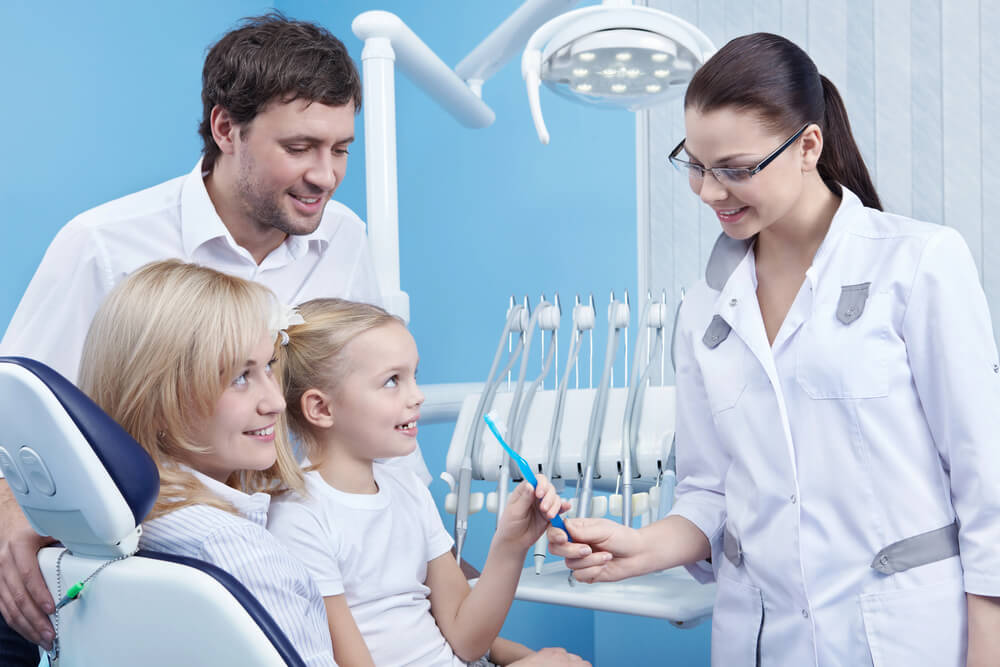
Medicaid is the federal and state government health insurance for low-income individuals and families. According to the federal Department of Health & Human Services, the Early and Periodic Screening, Diagnostic and Treatment (EPSDT) benefit requires that each state make available dental services to Medicaid-eligible people under the age of 21.
It is up to each state to determine whether those services are part of the Medicaid plan for adults over the age of 21.
To find out if your state offers dental care for adults through Medicaid, visit the “states overview” tab at Medicaid.gov.
It’s also important to note that dentists are not required to accept Medicaid insurance, so check with your office before scheduling an appointment.
11. Healthcare.gov
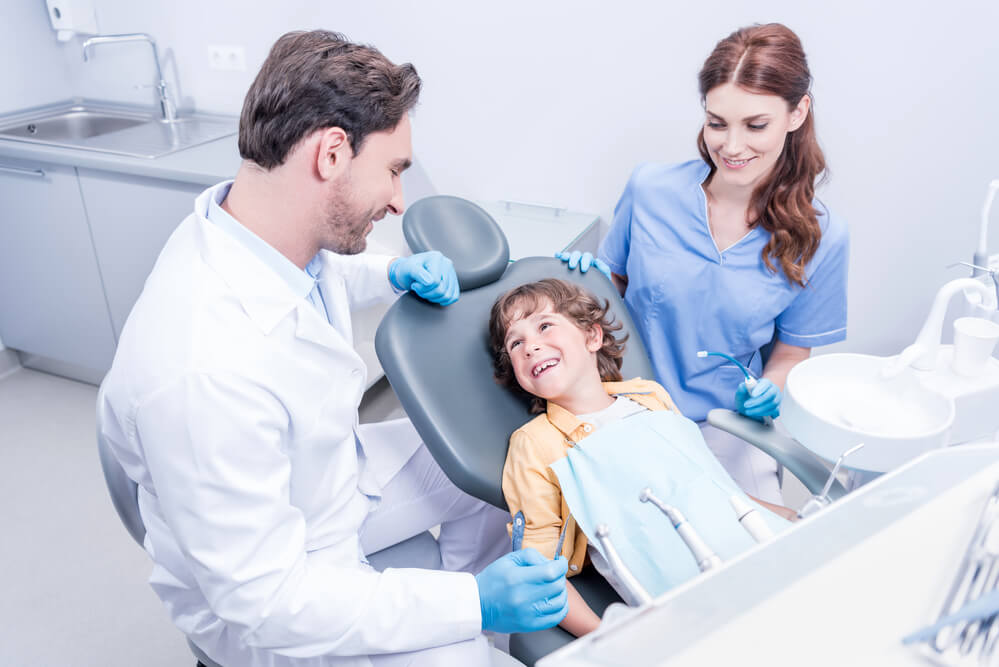
Healthcare.gov is the nation’s insurance marketplace for medical and dental care. Some plans on the health care exchange offer dental coverage, so it’s worth checking out. If you have a low income, you may qualify for a subsidy to reduce your monthly premium or pay nothing at all for access to dental care.
Dental coverage options include:
- Health plans with dental coverage included
- Separate dental plan
Open enrollment to select coverage is from Nov. 1 – Jan. 15 each year, unless you move to another state, lose employer-sponsored healthcare, or meet a special circumstance that allows you to apply outside of the enrollment period.
View dental plans and pricing for your area
Bottom line: There are resources to help you afford dental care
Oral hygiene is important to your overall wellness. According to the Mayo Clinic, poor dental care could contribute to various diseases and medical conditions such as cardiovascular disease and pregnancy and birth complications.
If you can’t afford a dentist, try:
- Reaching out to clinics or dental schools that offer free or reduced-cost care
- Talking with a dentist about payment plans or sliding fee scales
- Charging visits to credit cards with a low-interest rate to make payments
- Taking out a loan to pay for care
Good oral hygiene can help you avoid dental visits between your preventative care appointments. Talk with your dentist about how to best take care of your teeth and gums to avoid problems that could require additional care and money.
If it’s dentures you’re looking for, read our post on finding affordable dentures.
Other ways to find helpful and free resources for low-income families and individuals:
SOURCES
- “Teeth Cleaning Guide” Updated May 3, 2023. Dentaly.org https://www.dentaly.org/us/oral-hygiene/teeth-cleaning/#How_much_does_a_dental_cleaning_cost
- “Regional Variation in Private Dental Coverage and Care Among Dentate Adults Aged 18–64 in the United States, 2014–2017” NCHS Data Brief, May 2019. CDC.gov https://www.cdc.gov/nchs/data/databriefs/db336-h.pdf
If you can’t afford a dentist, try reaching out to clinics or dental schools that offer free or reduced-cost care or talking with a dentist about payment plans or sliding fee scales.
According to the federal Department of Health & Human Services, the Early and Periodic Screening, Diagnostic and Treatment (EPSDT) benefit requires that each state make available dental services to Medicaid-eligible people under the age of 21.
If you are struggling to secure a job or promotion because of bad teeth and don’t have the funds to get them fixed, try reaching out to nonprofits like Dress for Success, which often partners with dental practices to provide free or affordable care to clients.


I googled my area and not one of the 4 very close to me knew what I was talking about when asking for programs/benefits for “cheap or free” dental care. One school said that werent even licensed yet to offer free dental work. The actual dental offices were adamant that they knew nothing about any such options in one way or another. I asked their fees while I had them on the phone and it was NOT “cheap”.